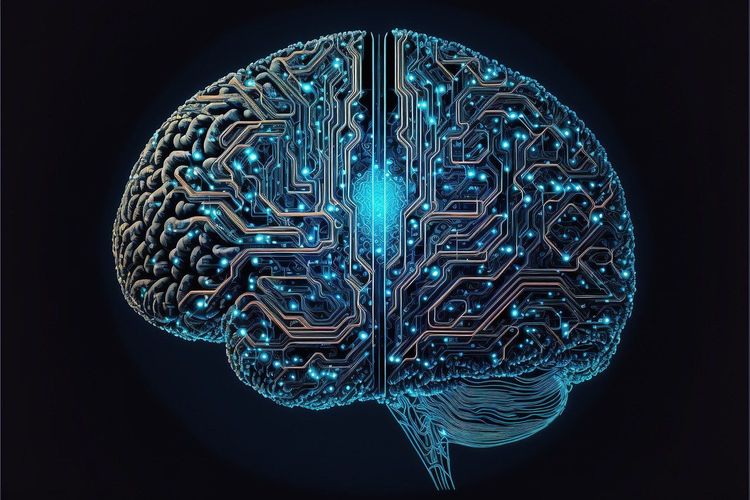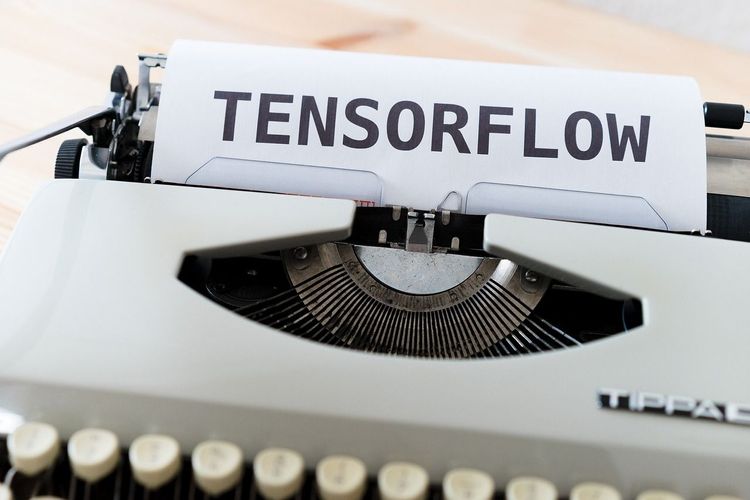Top officials from the United States and China convened in Geneva this week to discuss the implications of artificial intelligence (AI) technology, specifically addressing concerns about its potential misuse by China. The meeting was initiated by Presidents Joe Biden and Xi Jinping, building on an agreement made during their November summit in San Francisco that emphasized the necessity of tackling AI-related risks.
The White House described the discussions as "candid and constructive," highlighting the fruitful exchange of perspectives on AI safety and risk management. U.S. representatives expressed apprehensions regarding China's use of AI, particularly its deployment of biometric facial recognition systems developed by companies like SenseTime, which are employed for surveillance of its citizens.
In light of national security concerns, the Biden administration has imposed restrictions on the export of AI chips to China, significantly hindering the country’s access to advanced hardware from major suppliers such as Nvidia. In response to these limitations, some Chinese firms are resorting to utilizing gaming chips, modifying them to facilitate AI training processes.
During the discussions, U.S. officials urged their Chinese counterparts to keep communication channels open concerning AI risks. Emphasizing the development of trustworthy AI, the delegation called on China to contribute to the establishment of a global consensus on responsible AI practices. Notably, China has previously supported a U.S.-sponsored United Nations resolution advocating for AI systems that respect human rights.
Furthermore, U.S. officials underscored the significance of sustainable AI development in the context of these conversations. The American delegation was composed of representatives from the White House, the State Department, and the Department of Commerce. Leading the delegation were Tarun Chhabra, special assistant to the president and senior director for technology and national security, and Seth Center, the acting special envoy for critical and emerging technology at the State Department. They engaged with officials from China's Ministry of Foreign Affairs, the Cyberspace Administration, and the Ministry of Science and Technology.
These discussions mark a pivotal step in addressing the complexities of AI in an increasingly interconnected and competitive global landscape, emphasizing the importance of cooperation and dialogue between the two nations.







